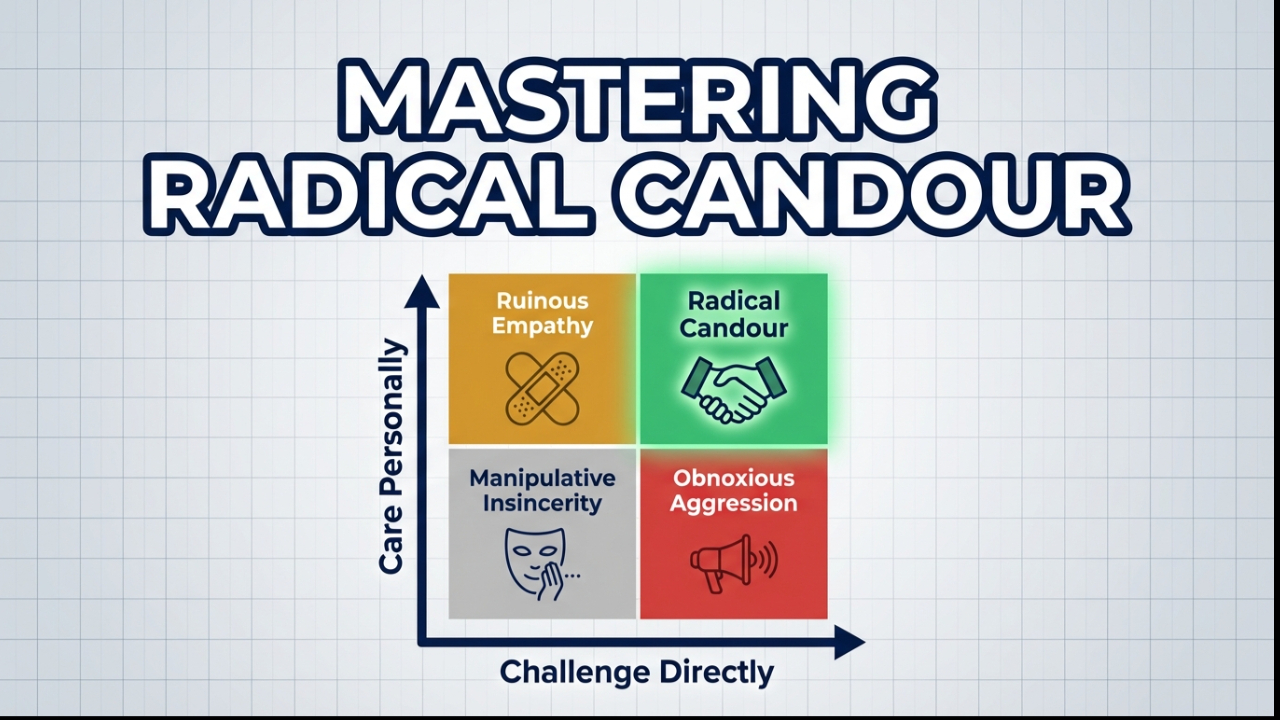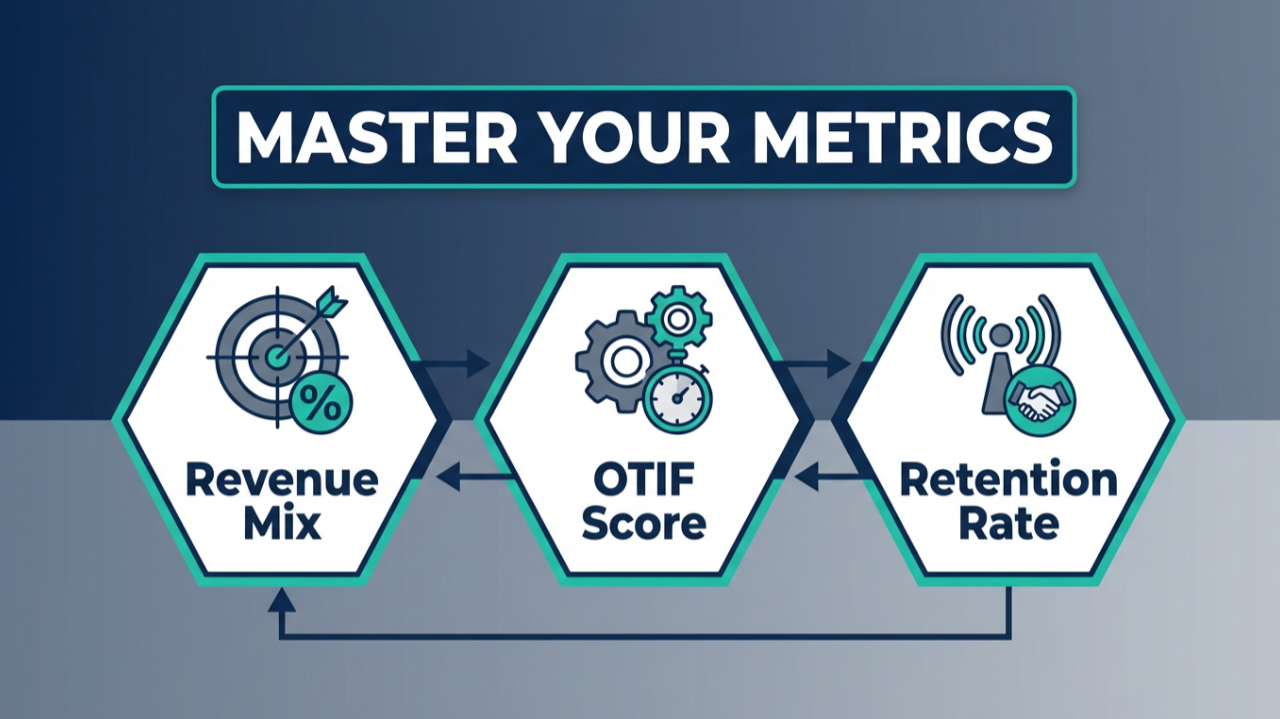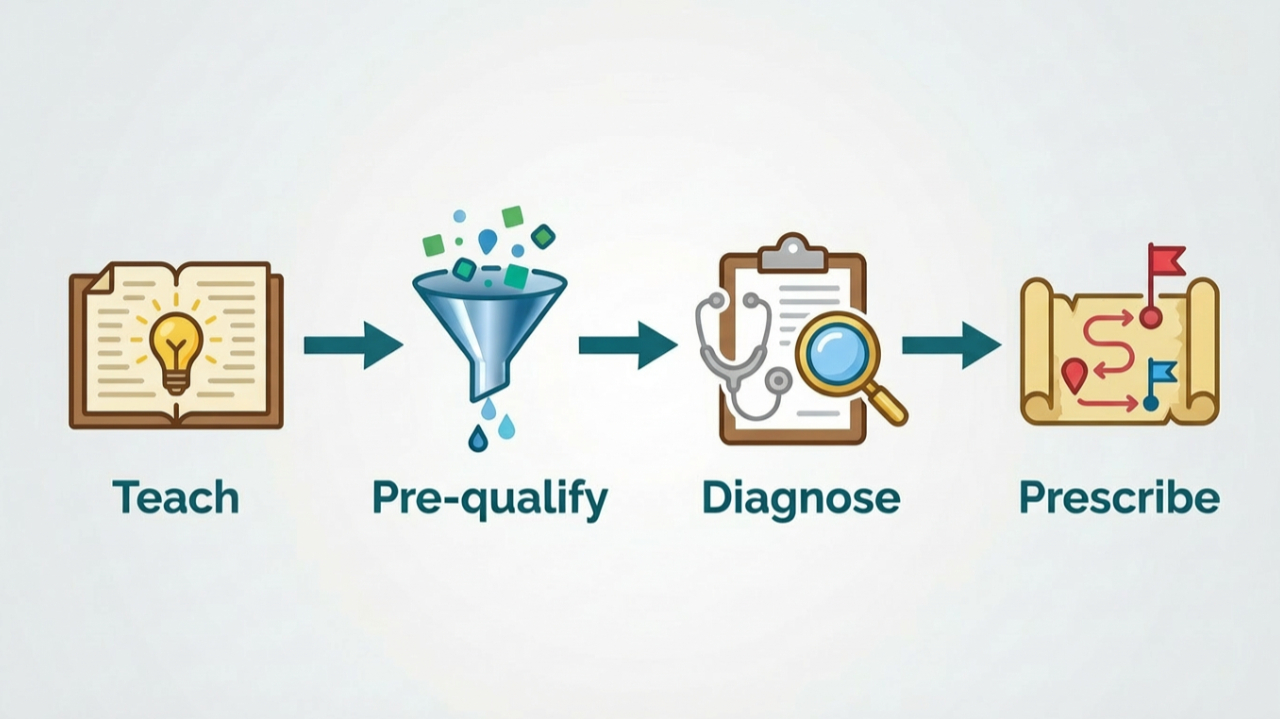From Invisible to Irresistible: How Keyword Research Can Boost Your Small Business's Online Presence
We all know that having an online presence is essential, but simply having a website isn't enough – you need to make sure that your target audience can find you amidst the vast sea of information on the internet. This is where keyword research comes into play.
Keyword research is the process of identifying and analysing the search terms that potential customers use to find products, services, or information related to your business. By mastering this skill, you can optimise your website, content, and marketing efforts to reach your target audience more effectively, driving traffic and growth for your small business.
Why Keyword Research Matters for Small Businesses
-
Improved SEO Strategy: By understanding the keywords your target audience is searching for, you can optimise your website and content to rank higher in search engine results, increasing your visibility and organic traffic.
- Competitive Advantage: Thorough keyword research can help you identify gaps in the market and capitalise on opportunities that your competitors may have overlooked, giving you a competitive edge.
- Content Optimisation: Knowing the right keywords to target ensures that your content resonates with your audience, increasing engagement and conversions.
- Resource Efficiency: Keyword research helps you focus your marketing efforts on the most relevant and impactful keywords, maximising the return on your investment.
- Increased Visibility: By targeting the right keywords, you can reach potential customers at the moment they're actively searching for products or services like yours, increasing brand awareness and driving sales.
Step-by-Step Keyword Research Process
Now that you understand the importance of keyword research, let's dive into the step-by-step process for mastering this crucial skill:
- Brainstorm Primary Keywords: Start by listing out the primary keywords related to your business, products, or services. These should be broad, general terms that describe what you offer.
- Use Keyword Research Tools: Utilise keyword research tools (more on these later) to expand your list and uncover additional relevant keywords, including long-tail and localised variations.
- Analyse Competitors: Take a look at the keywords your competitors are targeting and identify opportunities to differentiate your approach or fill gaps in the market.
- Filter and Refine Keywords: Evaluate your keyword list based on factors like search volume, competition, and relevance to your business, and prioritise the most promising keywords.
- Cluster Keywords: Group related keywords together into themes or topics, making it easier to create targeted content and optimise your website architecture.
- Check Search Suggestions and Related Searches: Pay attention to the search suggestions and related searches provided by search engines, as these can reveal additional relevant keywords and insights into user intent.
From our personal experience, we can tell you that following a structured approach to keyword research has been invaluable for our business. By taking the time to understand what our target audience is searching for, we've been able to create content that resonates with them and optimise our website for improved visibility and traffic.
Essential Keyword Research Tools
While the keyword research process can be time-consuming, there are several powerful tools available to streamline and simplify the task. Here are some of the most essential keyword research tools for small business owners in the UK:
- Semrush: A comprehensive suite of tools for keyword research, competitor analysis, and SEO optimisation, Semrush is a favourite among digital marketers.
- Ahrefs: With its extensive keyword database and powerful features for analysing backlinks and organic traffic, Ahrefs is a valuable resource for in-depth keyword research.
- Google Keyword Planner: While primarily designed for Google Ads, the Keyword Planner tool also provides useful data on search volume and competition for organic keywords.
- Ubersuggest: A free keyword research tool that generates keyword suggestions based on your seed keywords and provides valuable insights into search trends and competition.
- Keywords Everywhere: This browser extension displays search volume and cost-per-click data directly in your search results, making it easy to identify promising keywords on the fly.
- Answer the Public: This unique tool visualises search queries in the form of questions, helping you understand the intent behind certain keywords and create content that directly addresses your audience's needs.
- Google Trends: While not a dedicated keyword research tool, Google Trends can provide valuable insights into search trends and popularity over time, helping you identify emerging or seasonal keywords.
As a business owner, it's important to remember that keyword research is an ongoing process. Search trends and user behaviour are constantly evolving, so it's crucial to regularly revisit and refine your keyword strategy to stay ahead of the curve.
Advanced Keyword Research Techniques
To truly master keyword research, it's essential to go beyond the basics and explore advanced techniques that can give you an edge over your competitors. Here are some advanced strategies to consider:
- Semantic Search and Latent Semantic Indexing (LSI): Search engines are becoming increasingly sophisticated in understanding the context and intent behind search queries. By incorporating semantically related keywords and LSI terms into your content, you can improve your chances of ranking for a broader range of relevant searches.
- User Intent Analysis: Understanding the intent behind a search query is crucial for creating content that meets the needs of your audience. Categorise keywords based on user intent (informational, navigational, transactional, or commercial investigation) and tailor your content accordingly.
- Competitor Gap Analysis: Identify keywords that your competitors are ranking for but you are not. This can reveal opportunities to create content that fills gaps in your keyword strategy and attracts new traffic.
- Long-Tail Keywords: While broad keywords can drive significant traffic, long-tail keywords often have lower competition and higher conversion rates. Focus on identifying and targeting long-tail keywords that are highly relevant to your business.
- Local SEO: For small businesses with a physical presence, local SEO is essential. Incorporate location-based keywords into your strategy to attract customers in your area. Tools like Google My Business can help you optimise your local search presence.
- Voice Search Optimisation: With the rise of voice-activated devices, optimising for voice search is becoming increasingly important. Voice searches tend to be more conversational and question-based, so consider incorporating natural language and question keywords into your content.
- Seasonal and Trending Keywords: Stay ahead of the curve by identifying seasonal and trending keywords relevant to your industry. Use tools like Google Trends to monitor search trends and adjust your keyword strategy accordingly.
- Content Gap Analysis: Identify gaps in your existing content where you can create new pieces that target specific keywords or topics. This can help you capture additional search traffic and provide more value to your audience.
- Keyword Cannibalisation: Ensure that your website isn't competing with itself by targeting the same keyword on multiple pages. Conduct a keyword cannibalisation audit and consolidate or optimise content to avoid this issue.
- Monitor and Adjust: Regularly monitor the performance of your keywords and make adjustments as needed. Use analytics tools to track keyword rankings, traffic, and conversions, and refine your strategy based on the data.
Example: Keyword Research in Action
To illustrate the impact of effective keyword research, let's walk through an example of a small business that’s looking to implement a keyword strategy to drive growth.
Example: The Artisan Bakery
The Artisan Bakery, a small bakery in London, wanted to increase its online visibility and attract more customers to its physical store. They decided to invest in keyword research to optimise their website and content.
Step 1: Brainstorm Primary Keywords
The bakery started by brainstorming primary keywords related to their business, such as "artisan bakery," "fresh bread," "pastries," and "London bakery."
Step 2: Use Keyword Research Tools
They used tools like Semrush and Google Keyword Planner to expand their list and uncover additional relevant keywords, including long-tail variations like "best artisan bakery in London" and "freshly baked pastries near me."
Step 3: Analyse Competitors
The bakery analysed the keywords their competitors were targeting and identified opportunities to differentiate their approach. They noticed that many competitors were not focusing on local SEO, so they decided to emphasise location-based keywords.
Step 4: Filter and Refine Keywords
They evaluated their keyword list based on search volume, competition, and relevance. They prioritised keywords with moderate competition and high relevance to their business.
Step 5: Cluster Keywords
The bakery grouped related keywords into themes, such as "artisan bread," "pastries," and "local bakery." This helped them create targeted content for each theme.
Step 6: Check Search Suggestions and Related Searches
They paid attention to search suggestions and related searches provided by search engines, which revealed additional keywords like "gluten-free bread London" and "vegan pastries near me."
Results:
In following this structured approach to keyword research, The Artisan Bakery would able to optimise their website and create content that resonated with their target audience. They see a significant increase in organic traffic, higher search engine rankings, and more foot traffic to their physical store.
Key Takeaways
Keyword research is a fundamental aspect of digital marketing that can help small business owners in the UK understand their audience's search behaviour, optimise their content, and gain a competitive advantage in the online market. By following a structured process and utilising the right tools, you can identify the most relevant and impactful keywords to target, ensuring that your marketing efforts are efficient and effective.
Remember, keyword research is not a one-time task – it's an ongoing process that requires regular attention and refinement. As your business grows and evolves, so too should your keyword strategy. Embrace this crucial aspect of digital marketing, and watch as your small business gains increased visibility, traffic, and growth in the ever-changing online landscape.
In addition to the steps and tools mentioned, consider investing in training or consulting with SEO experts to further enhance your keyword research skills. Staying informed about the latest trends and updates in search engine algorithms will also help you maintain a competitive edge.
By dedicating time and resources to mastering keyword research, you can create a strong foundation for your small business's online presence. This will not only help you attract more customers but also build a loyal audience that values the content and services you provide.
In summary, keyword research is a powerful tool that can transform your small business's digital marketing efforts. By understanding your audience's search behaviour, optimising your content, and staying ahead of the competition, you can achieve long-term success in the online marketplace. So, take the first step today and start mastering keyword research to unlock the full potential of your small business.
Pay It Forward! Sharing Is Caring!











